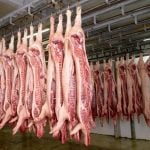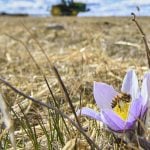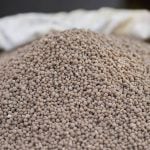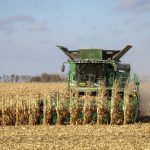
Manitoba Pork flags unresolved pork tariffs in China deal

AI app promises Prairie farmers better insect scouting
IPPM Now app uses Prairie expertise, including from Manitoba, to help farmers identify and mange for beneficial and pest insects in their fields

Canola sees no yield drop in seed-placed phosphorus trial
Phosphorus fertilizer put down with seed limits plant stands, not yield, Saskatchewan research shows

Autonomous machinery still struggles in the field
Manitoba research highlights how a field’s shifting terrain complicates autonomous equipment operation

Time to be honest about hemp, experts say
Sector aims to move past early “hemp evangelism,” told the crop’s future lies in honest agronomy, not exaggerated claims

Cereal cover crops show mixed flea beetle protection for canola
Fall rye and oat nurse crops show promise for reducing damage, however, current research notes it's not yet a reliable field-scale tool

Manitoba corn research looks for home-based weed control
Growers currently rely on U.S. or Ontario recommendations, but a U of M study is hunting for better advice with local conditions in mind

Journal pulls long-cited glyphosate study for ethics violations
Retraction lands as public scrutiny, lawsuits and political pressure converge on Bayer’s flagship herbicide

Retraction of glyphosate review raises new questions about landmark study

Canadian hemp stable, but stuck on growth
Canada’s hemp industry hopes better hybrid varieties and yields, clearer regulations and new markets might help their crop break past its current ceiling and into stronger growth


